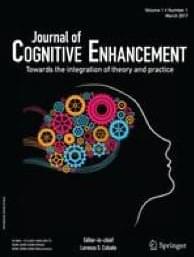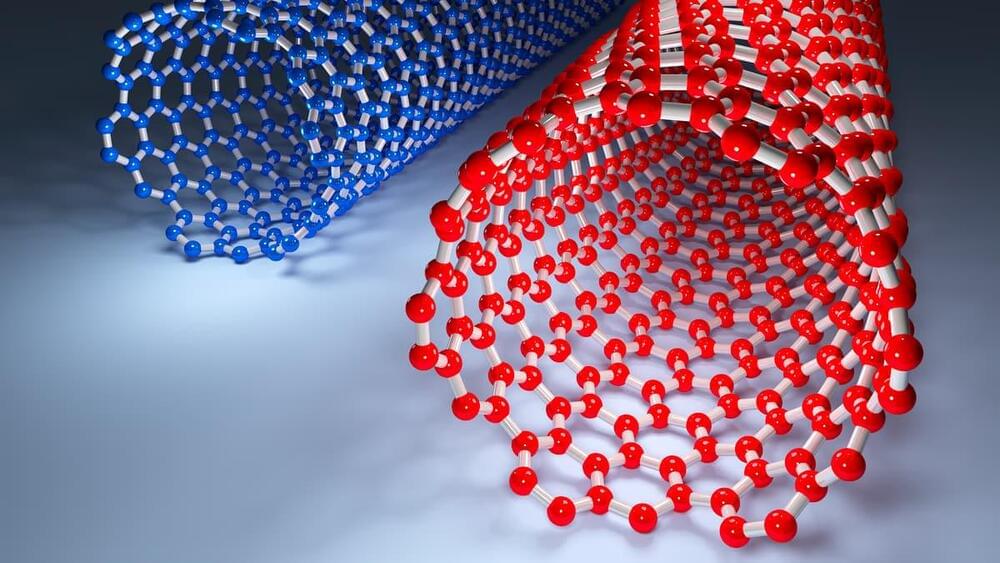https://youtube.com/watch?v=VFeWQCpAeek&feature=share
“Transhumanism” — The intellectual and cultural movement that affirms the possibility and desirability of fundamentally improving the human condition through applied reason, especially by developing and making widely available technologies to eliminate aging and to greatly enhance human intellectual, physical, and psychological capacities. — whatistranshumanism.org.
“…I suppose I’ve been looking for Eden all my life. I think we all have. And I think that primeval communion between humanity and the rest of life did exist once, and perhaps still does in some pockets. But it is not available to modern people except in memory or longing. And the search can be damaging if it distracts you from the fact that, whatever horrors humanity unleashes, the world is still a wonder if we can just get out of our anxious minds long enough to see it. Which is easier written than done.
Both sides in the argument that runs through Alexandria my latest novel —nature versus culture, body versus mind, human versus machine—find that their worldview has holes in. That’s part of the point, I think. Our world is being eaten by this great, terrible machine, but the machine is a manifestation of us.
If my worldview has changed it is only to reveal to me that any “enemy” we might have is lodged firmly in each of our hearts, and that there is nowhere to escape to that doesn’t lead through it.”
About the Lecturer.
Paul Kingsnorth is an Orthodox English writer and thinker who lives in the west of Ireland. He is a former deputy-editor of The Ecologist and a co-founder of the Dark Mountain Project.
Kingsnorth’s nonfiction writing tends to address macro themes like environmentalism, globalisation, and the challenges posed to humanity by civilisation level trends. His fiction tends to be mythological and multi-layered.
Paul Kingsnorth’s debut novel, The Wake, won the 2014 Gordon Burn Prize and the Bookseller Book of the Year Award, as well as being longlisted for the Man Booker Prize, the Folio Prize and the Desmond Elliott Prize, and shortlisted for the Goldsmiths Prize. Beast, the second book in his Buckmaster Trilogy, was shortlisted for the RSL Encore Award 2017. He is also the author of the non-fiction books One No, Many Yeses, Real England, Confessions of a Recovering Environmentalist and Savage Gods, as well as two poetry collections, Kidland and Songs from the Blue River.




